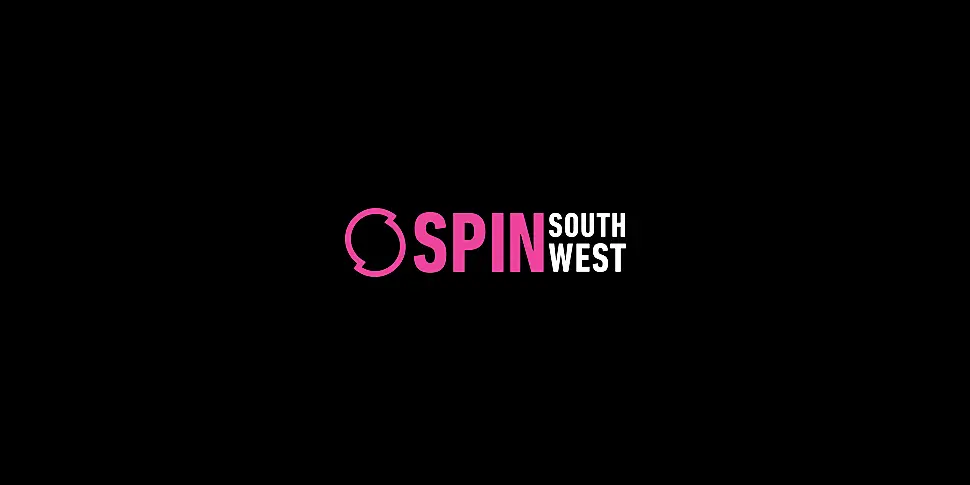J1 visa payment
Some former J1 visa holders have received a Covid-19 payment from the US they're not entitled to.
Taxback.com says the error could impact on their future plans to go back to the States.
Those who were studying in America or on a J1 in 2018 or 2019 may have received a one-time payment of 1,200 dollars.

Marketing Manager of Taxback.com. Laura McHugh, says those who got this money need to contact the IRS to amend their tax return
“Our US nonresident tax service helps over 100,000 nonresidents a year with their tax returns, and is now fielding lots of questions from concerned J1-visa partners and schools regarding non-residents receiving President Trump’s recent stimulus package for COVID-19."
In the last week people are finding funds in their US bank accounts and are questioning why they are there.
"While this has come to the attention of some former students and J1-ers, we are advising the thousands of others that could be affected to check their US bank account, which may now be dormant, to see if they have received this payment.”
Taxback.com say the crux of the matter is twofold - the first of which relates to previous J1 visa holders who spent time in the US in 2018 or 2019.
Ms. Mc Hugh went on to say:
“It is not uncommon for Irish J1-visa holders who spent a summer in the US to mistakenly file their end of year return as a ‘resident’.
Most of these people will have submitted the return themselves through a US tax preparation software such as TurboTax and may not have been fully informed of their nonresident status.
The result now is that these people will have automatically received the CARES payment – although they really shouldn’t have.

What to do now if you are affected
Anyone who finds themselves in this situation should act to rectify it in two ways – firstly, by sending an email to the IRS to flag receipt of the payment and by refunding the money to the IRS.
Secondly these people should also amend their previous tax return to a ‘nonresident’ return in order to avoid any future repercussions.”
Taxback.com say the second tranche of people affected are the international students who had been studying in the US in 2018/2019 but who have since left the country.
According to Ms. Mc Hugh,
“This one’s a little bit trickier to resolve as it’s unclear as of yet what the position is and it might be some time before we will receive clarification from the IRS."
While you may be entitled to this money, as per the stated eligibility requirements of the payment, the IRS has yet to confirm whether they intended to send money to tax filers who are no longer US residents or earning US sourced income.
Whether the IRS will look to recoup this money in the coming months remains to be seen, though there is precedence for this – a similar situation arose in 2010 when the IRS clawed back funds two years after the stimulus was received in 2008.
It’s likely now that the IRS could stipulate that it must be accounted for on a 2020 tax return.
Alternatively, accepting the money could also likely affect any future US visa application you submit."












